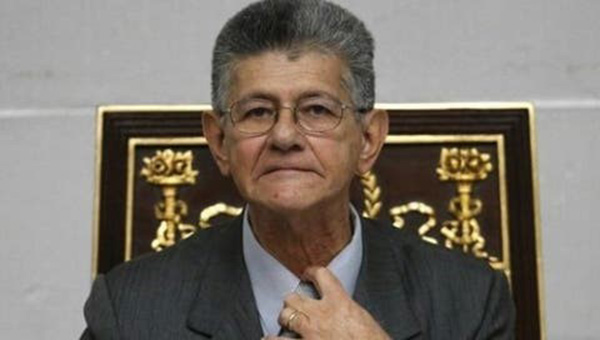CARACAS, (Reuters) – Venezuela’s main opposition parties said yesterday they will participate in November regional and local elections, a strategy reversal after boycotting previous elections they argued were not free or fair.
The opposition’s decision was made as a more-than two-year push to oust President Nicolas Maduro through international pressure and calls for the military to switch allegiances has failed. Opponents label Maduro a dictator who rigged his 2018 re-election and violates human rights to quash dissent.
That frustration has led many opposition politicians to clamour for Juan Guaido – an opposition legislator elected in 2015 and later recognized by the United States as interim president – to change tack, as U.S. sanctions add to the OPEC member’s economic woes.
“For those who think that the solution is not electoral … then what is it?” Henry Ramos Allup, a leader of the Democratic Action opposition party, asked at a news conference in Caracas.
Maduro welcomed the opposition’s announcement as a change from calls for sanctions and military intervention.
“The decision to participate in the elections once again is worthy of applause,” he said on state television. “I will sit in my armchair with popcorn on November 21 to watch Juan Guaido vote.”
Earlier on Tuesday, Freddy Guevara – a leader in Guaido’s hardline Popular Will party – called for “coexistence” with Maduro rather than trying to force a change in government.
The Venezuelan United Platform, a grouping of opposition parties, said in a statement that the elections would not be “fair nor conventional,” but the vote would nonetheless be a “useful battleground” to push for presidential and parliamentary elections.
Meanwhile, representatives of Maduro’s government and the opposition are preparing for negotiations Sept. 3-6 to resolve the South American country’s political crisis.




